webinar by One Dance UK, in partnership with the EU-Funded Project WEAVE
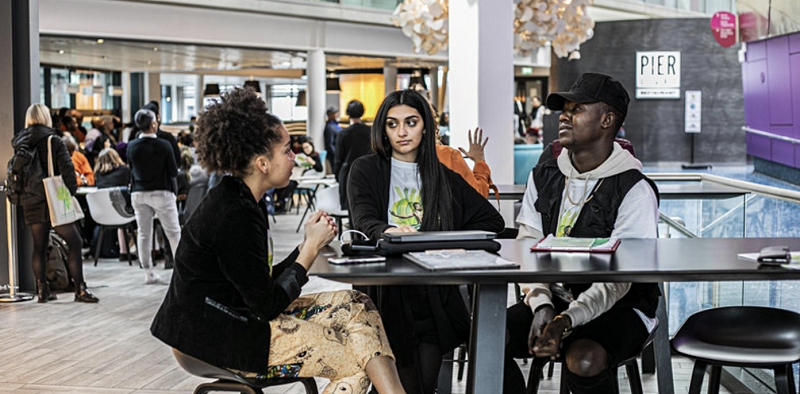
image courtesy of Rosa Cisneros, C-DARE Coventry University.
The EU-Funded WEAVE Team has been hosting several Capacity Building events over the last few weeks. On April 22nd we held our final LabDay in the series but we continue to challenge issues in the dance and cultural heritage sector by creating spaces and events where under represented communities can come together, network, build solidarity and share best practices.
Rosa Cisneros from C-DaRE and a member of the WEAVE consortium, is also part of One Dance UK’s HOTFOOT Magazine editorial group and regularly contributes to the magazine. The focus of the publication is to highlight work and events from Dance of the African Diaspora and build synergies. For this event the WEAVE team have partnered up with One Dance UK to run Fundraising 101 – Operating as a *Global Majority Fundraiser in 2022.
More info HERE: LINK
Register Here: LINK
Date and time: Thu, 5 May 2022 15:00 – 17:00 BST
About this event:
- Are you a Global Majority Dance practitioner?
- Would you like to gain knowledge to fund your work/company/project?
- Want to know about the different types of funding available to you?
- Need to know about the changes to Arts Council England project grants, or hear about Arts Council funding for the first time?
One Dance UK, in partnership with WEAVE is thrilled to host a webinar covering the current fundraising landscape for Global Majority dance practitioners.
Discover how to navigate your own narrative of being a Global Majority practitioner when creating your case for support.
Gain an overview from the Arts Council England (ACE) on Project Grant pathways and hear from the Chartered Institute of Fundraising (CiOF) about their RAISE programme.
With guest speaker, inclusive fundraising expert and co-founder of The Women of Colour Global Network; Haseena Farid.
Build confidence and knowledge and, most importantly, join the conversation on how to weave the vital experiences, identities, and expertise of our Global Majority communities into potentially successful funding bids.
The event is live BSL translated and a captioned version can be sent post-show.
The event is free – but registration is necessary
Speakers:
* Global Majority is a collective term that refers to people who identify as Black, Asian, Brown, dual-heritage, indigenous to the global south, and or have been racialised as ‘ethnic minorities’.
More information about the project or the event contact Rosa Cisneros E: ab4928@coventry.ac.uk
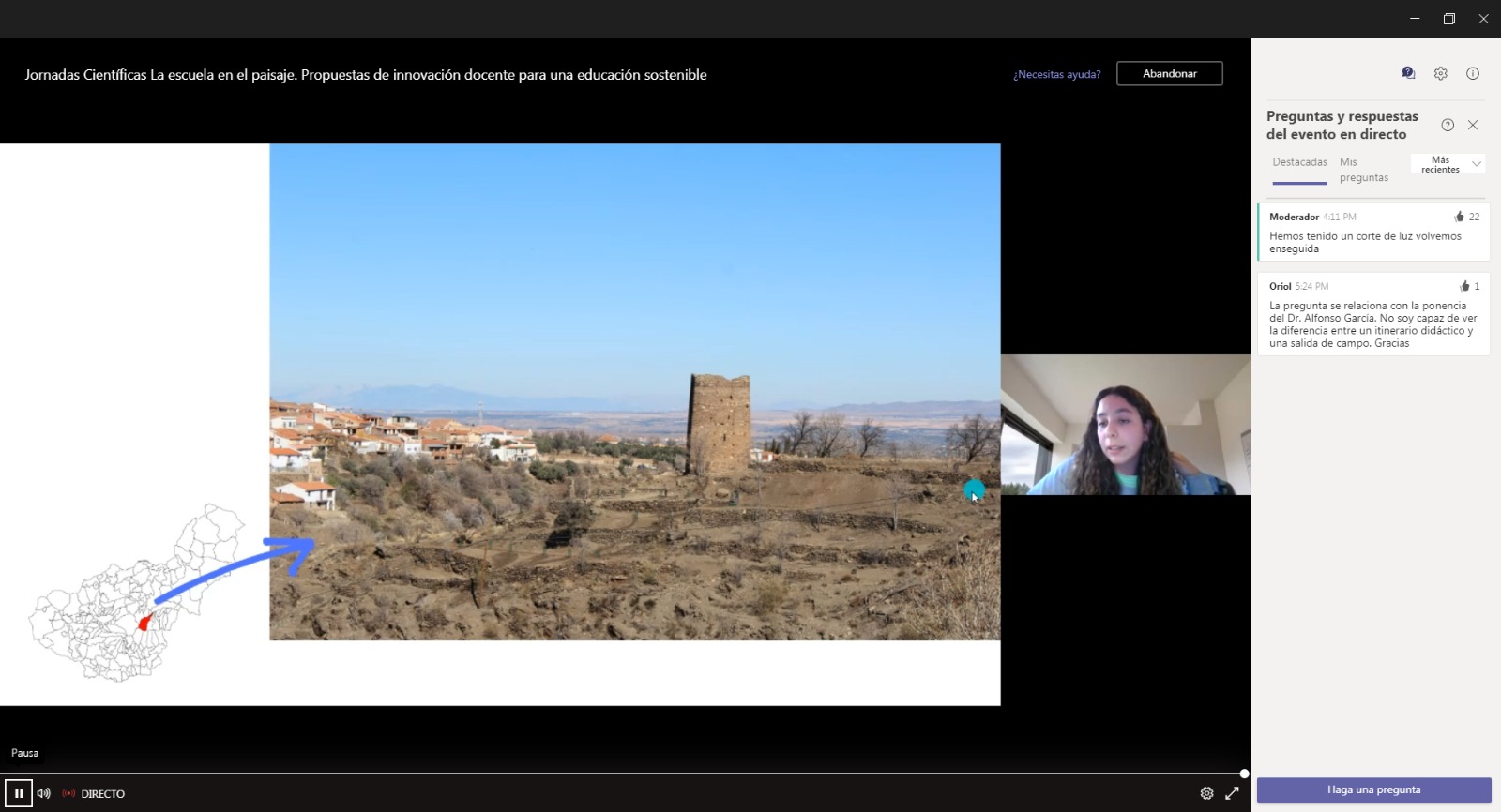
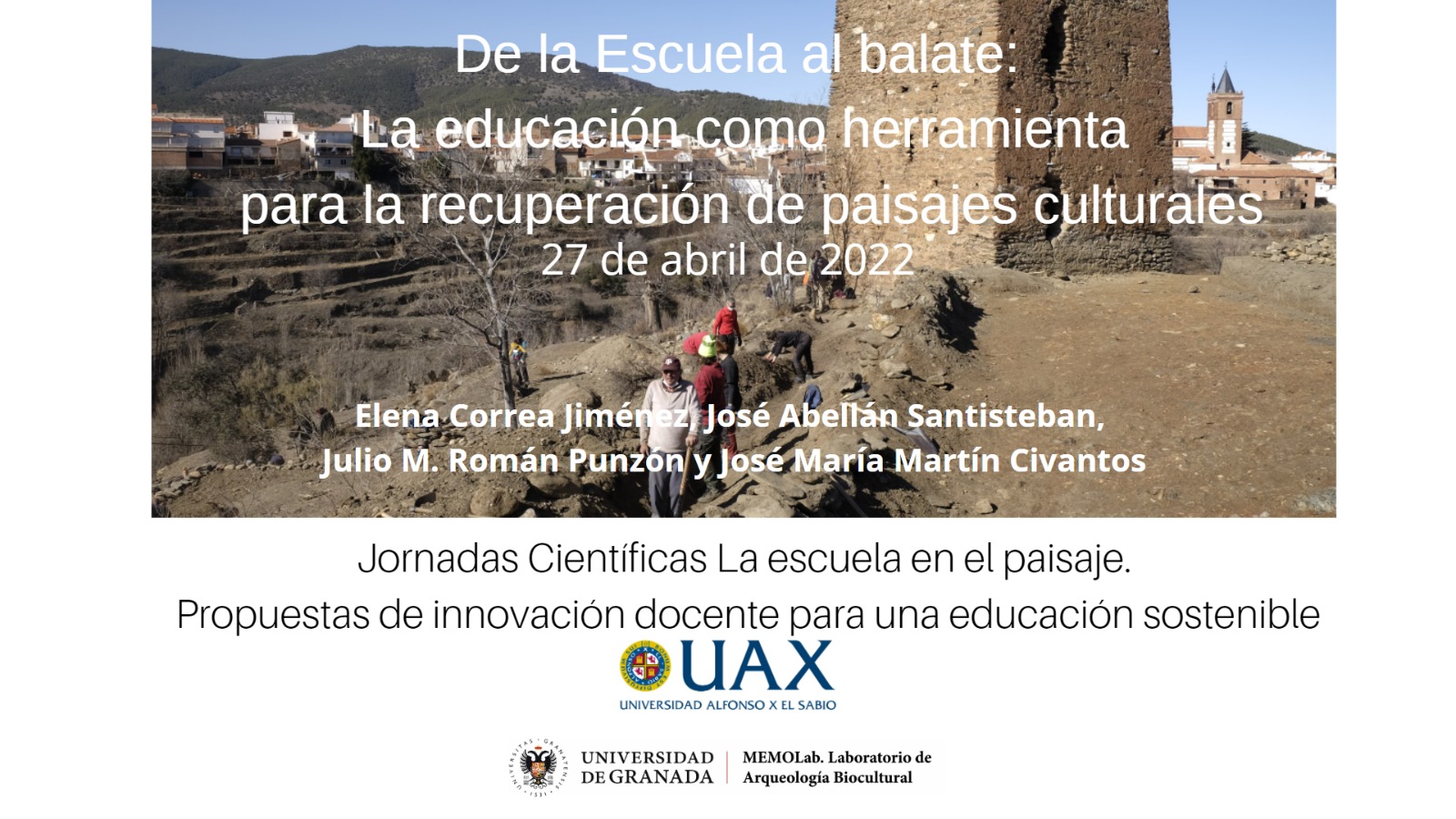


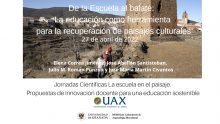
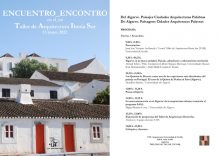
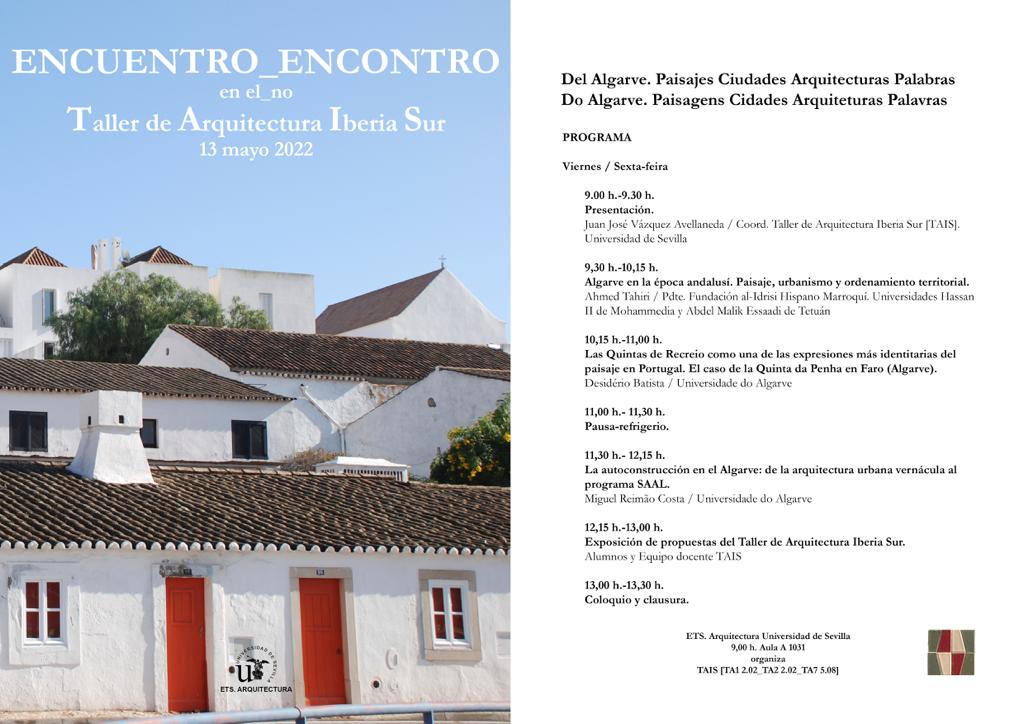
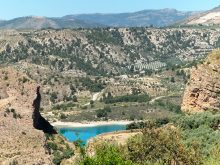
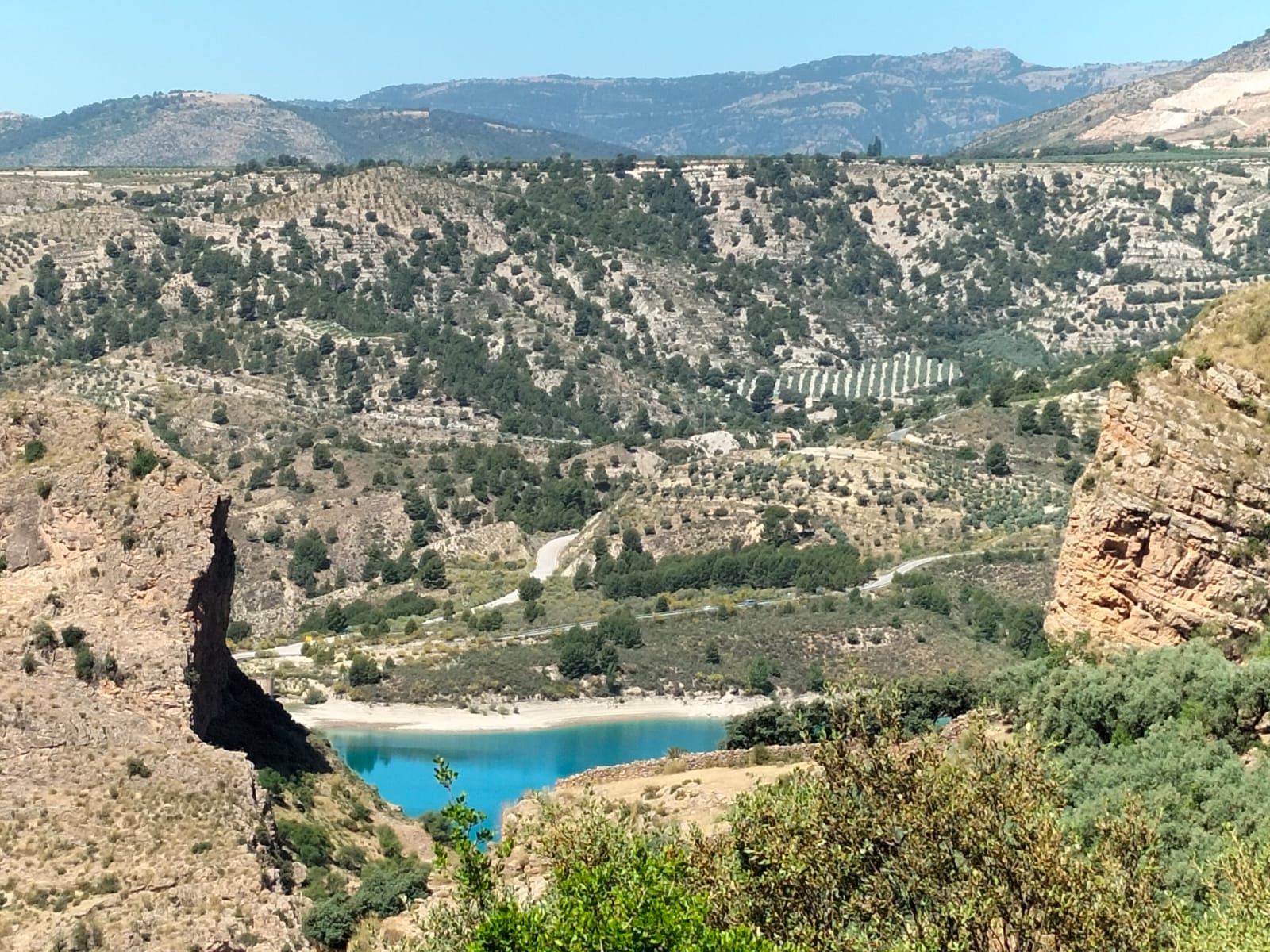



























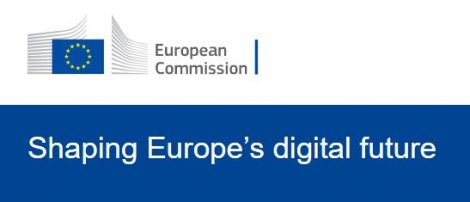

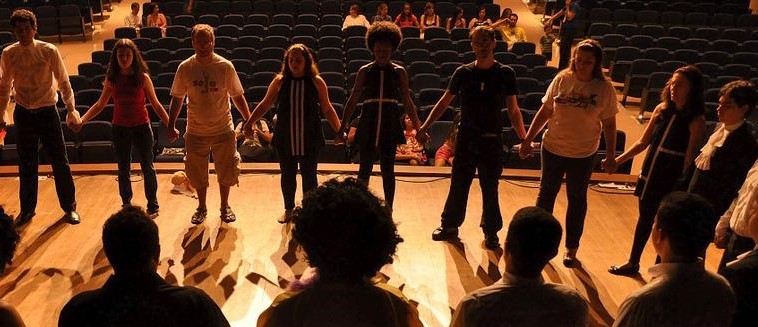
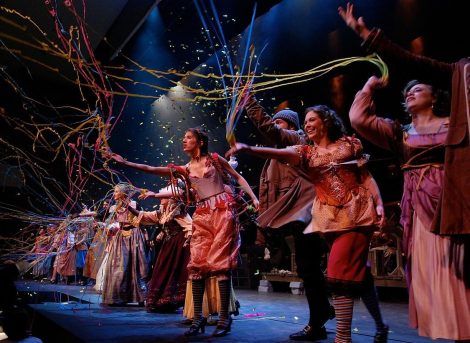 More information at:
More information at: 
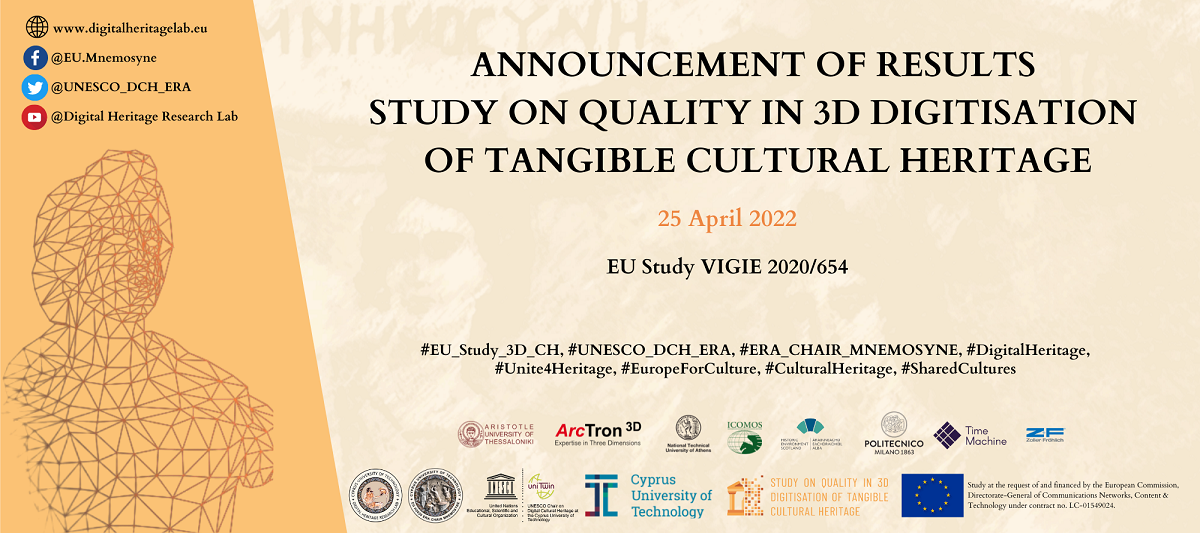


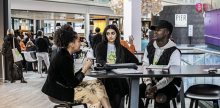

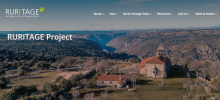
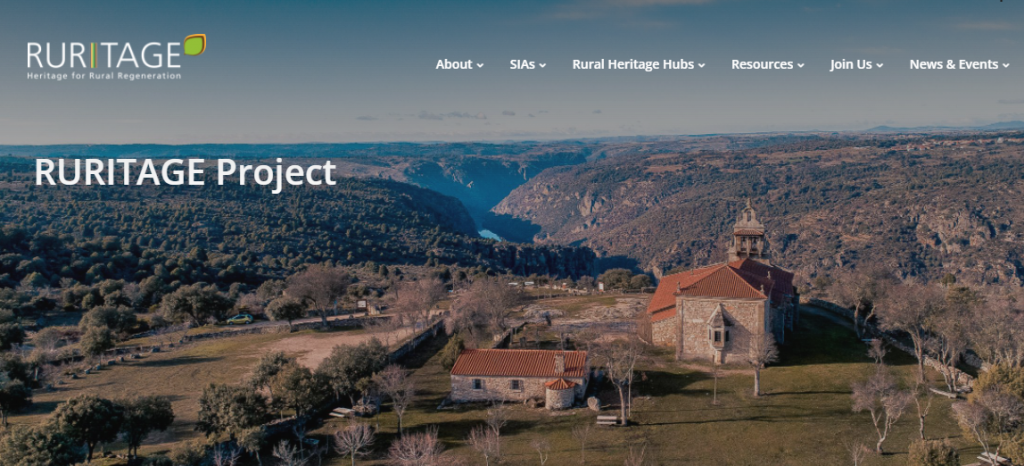
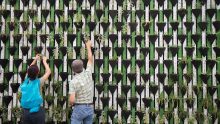
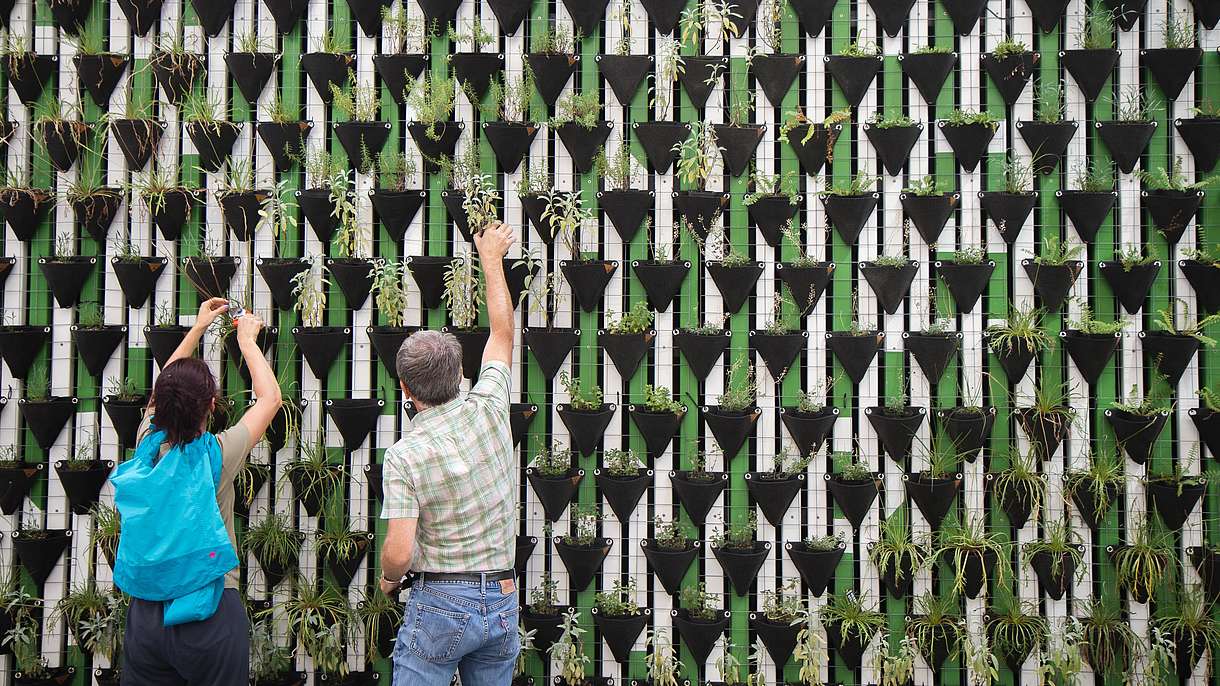 On Earth Day 22 April 2022,
On Earth Day 22 April 2022, 































